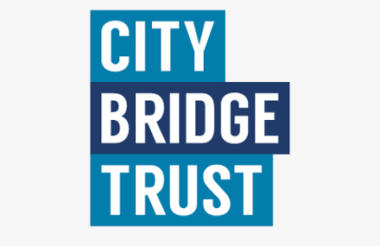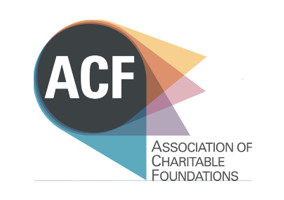The City Bridge Trust is removing grant restrictions from some of its funding, in a bid to help charities survive the impact of the coronavirus pandemic.
The trust, which makes grants worth £25m every year to more than 400 charities in London, said that it had changed the terms of its funding because charities face “an existential threat.”
Organisations receiving City Bridge Trust funding for specific projects will now be able to use the money to cover core costs including wages, rent and bills for up to a year.
A Trust spokesperson said that the change will affect “several million pounds” in grants, and that it will be down to charities to decide whether to take up the offer.
‘National crisis’
Dhruv Patel, the chairman of the City of London Corporation’s City Bridge Trust Committee, said: “At this time of national crisis, charities and voluntary organisations are needed more than ever, and the selfless work of their volunteers on the frontline is an inspiration to us all.
“The sudden drop in income experienced across the voluntary sector means many organisations face an existential threat, which has worrying implications for the communities and vulnerable people who rely on their services.
“We hope that giving our grantees the choice to direct funding to where they feel it’s most needed will provide a lifeline to help them get through the crisis, and I really hope other funders will consider making the same offer if they can.”
Flexibility
The City Bridge Trust has also asked other foundations to provide “much-needed flexible support” in recognition that many charities face falling incomes and rising demand.
The Association of Charitable Foundations said that some of its members are “moving in this direction”.
Max Rutherford, head of policy at ACF, said: “Over the last few months, foundations across the UK have responded with agility and speed to the Covid-19 crisis, an emergency that has impacted on every part of civil society – from the arts to heritage, from scientific research to children’s mental health, from homelessness to racial justice.
He added: “In April, around half our members responding to a survey told us that they planned to convert restricted funding to unrestricted funding for existing grantees to help them deploy resources as they saw fit at this unprecedented time.
“We’ve since heard of more members moving in this direction, including foundations who have not funded in this way before. While our Stronger Foundations initiative found that restricted funding is a useful tool in the box, this trend towards unrestricted funding will no doubt be a boost for civil society organisations as they continue to adapt and recover.”
Related articles











